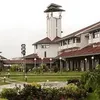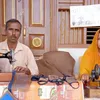How Project Setu is making information accessible to all during the coronavirus outbreak
Project Setu was started to battle all kinds of misinformation related to the coronavirus pandemic by ensuring that authentic information reached the masses.
The coronavirus pandemic has affected over 29,000 people in India so far. And in a crisis like this, accessibility to relevant and accurate information has turned out to be a huge challenge.
“COVID-19 can be cured by inhaling steam.” “Cristiano Ronaldo has tested positive for the virus.” “Food items like ice creams and chicken need to be avoided to ward off the chances of infection.” — These are only a few common rumours that have been flooding people’s phones lately.
The number of misinformative pieces doing the rounds on social media platforms has increased manifold, ever since the COVID-19 outbreak. With India accounting for over 400 million WhatsApp and 280 million users, the rate at which every snippet of news spreads, is quite blistering.

Dheeraj Kaushik and Mayank Jain, Co-founders, Project Setu.
However, on the other end of the spectrum lies a host of individuals who are finding it hard to obtain reliable details about the ailment due to barriers such as language, lack of awareness, and inadequacy of authentic sources.
Project Setu was kicked off to resolve this with a dual purpose — first, ensuring authentic information reaches the masses and second, enabling individuals to suspend false reports. Established by Mayank Jain, Dheeraj Kaushik, and Ishani Mehta, the initiative focusses on sourcing COVID-related information from credible sources, translating it into vernacular languages and disseminating the same to the people.
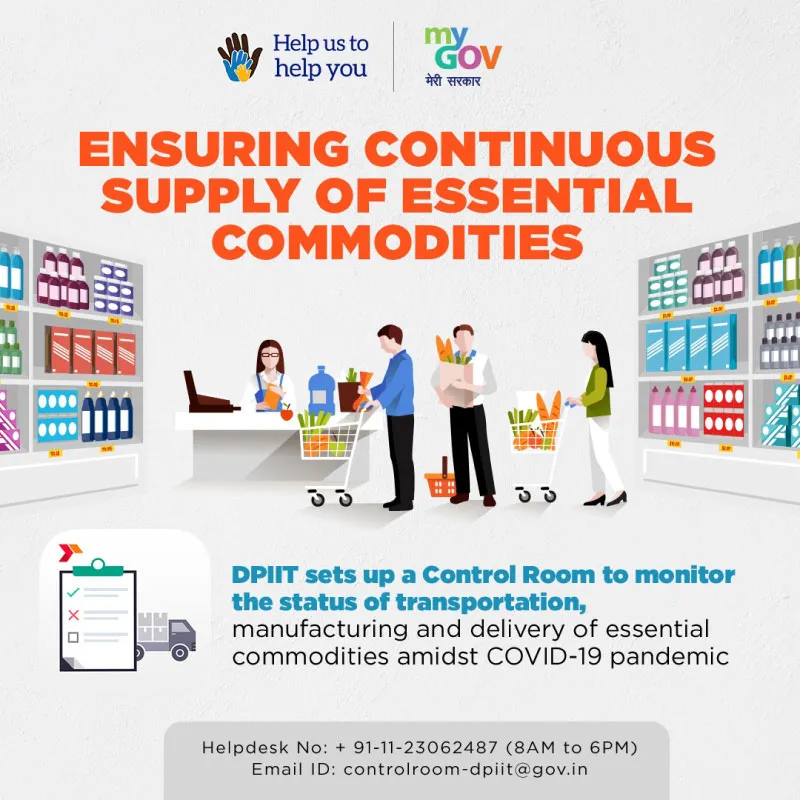
A poster about the supply of essential commodities compiled and translated as part of Project Setu.
“At a time when everyone is practising social distancing to prevent the escalation of the novel coronavirus, social media is looked upon as one of the best ways to stay connected with friends and family members. However, lately, it is also becoming a big source of false claims – some of which are even proving to be dangerous. Another genuine cause of worry tied to this is the medium of communication. Though English is largely read in India, it is a nation with extensive linguistic diversity, with a lot of its citizens comfortable only in regional languages. After considering all of this, we decided to iron things out by laying the foundation for Project Setu,” says Mayank Jain, Head of the initiative.
The inception
After completing his graduation from the Netaji Subhas University of Technology, Delhi, in manufacturing and automation engineering, Mayank Jain went on to work as an IP professional before moving into domains like agritech, frugal innovation, climate change, and sustainable development. Today, he runs a social enterprise called SumArth, which caters to improving the livelihoods of farmers in and around Gaya, Bihar.
Dheeraj Kaushik, on the other hand, who was Mayank’s senior from college, has expertise in information technology, design thinking, and social impact projects. As the founder and director of the IT consulting firm Dezyne Technologies, he has helped several corporate clients with his services.
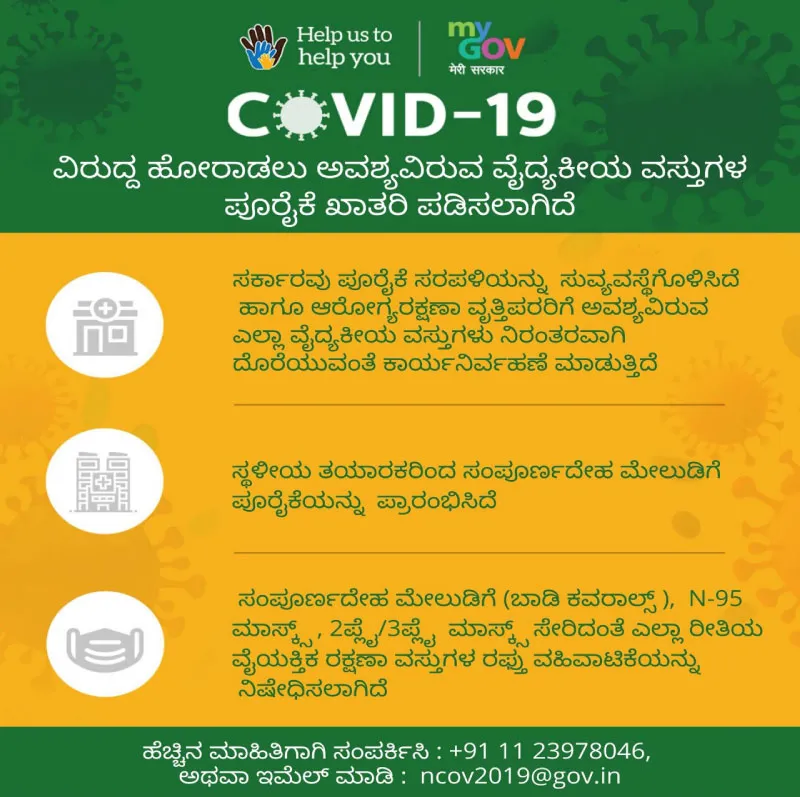
A poster about COVID-19 medical support translated by the Project Setu team.
In March, right before when coronavirus patients started steadily rising in the country, Mayank and Dheeraj caught up to talk about the situation and realised the lack of availability of reliable information at the time.
“Just when both of us decided to come up with a way to work through it, I also spoke to Ishani Mehta, a public policy consultant, whom I met aboard the ambitious train journey of Jagriti Yatra. After perceiving that all of us had a similar thought process with regard to churning out useful and consistent content amid this uncertain period, we united to work towards it,” recalls Mayank.
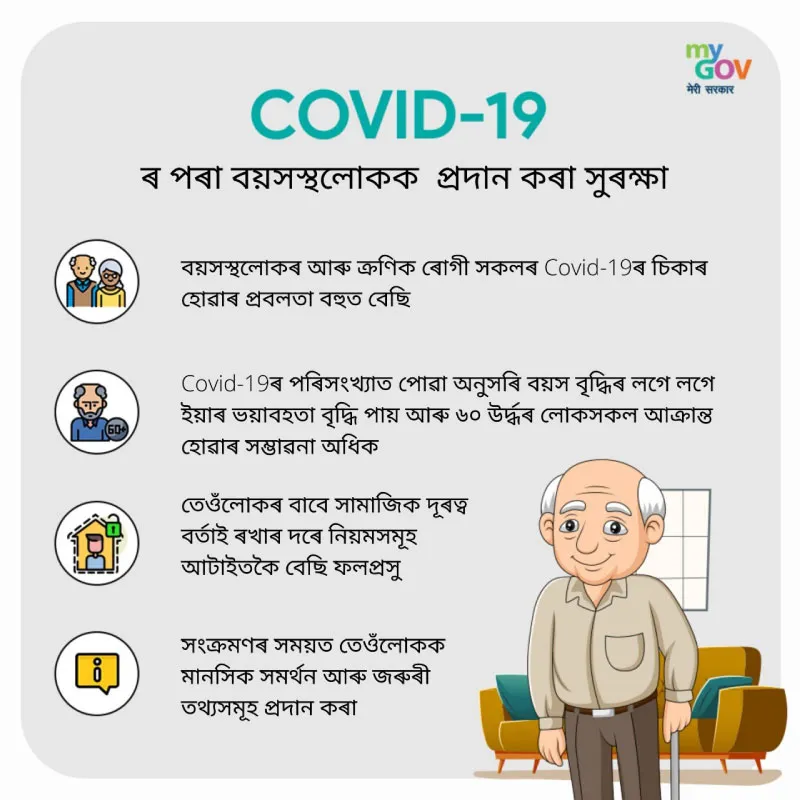
Information about elderly care in the Assamese language put together by the volunteers.
As a result, Project Setu was founded on March 21 of this year. At the outset, Mayank, Dheeraj, and Ishani pooled in a group of volunteers for the project from their network and social circle.
“We leveraged all our contacts with people from – Jagriti Yatra, the Dasra Social Impact Accelerator, the NSIT alumni, students from IRMA, Global Shapers Community, and even various leaders working in the social sector. At the end of it, we found more than 125 volunteers across India – right from Kashmir to Kanyakumari and from Gujarat to Nagaland. It was truly overwhelming to find so many like-minded people who were willing to work towards the cause,” says Mayank.
Producing authentic and regional content
Soon, Project Setu swung into action. The volunteers began sourcing credible content from the ICMR-approved MyGov.in website, translated it into various regional languages, proof-read the same, and finally, designed posters to fit them in.
“We negotiated with MyGov.in and gained their approval to pick up content, translate it into other languages, and publish the same on their platform, as well as on other social media handles. All the volunteers who signed up to work on the project were divided into groups based on their key responsibilities for ease of functioning. We also created WhatsApp groups for everyone to streamline their communication from home,” explains Mayank.
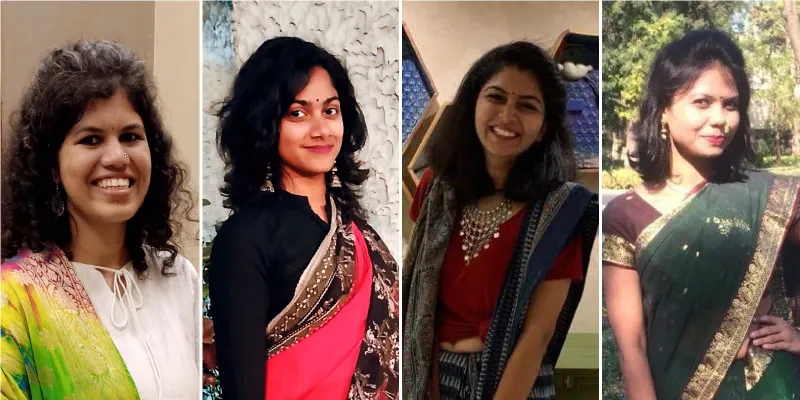
From left to right: Aastha, Rajitha, Akshita and Pratiksha.
While Aastha Chowdary and Akshita Gangwal volunteered to be the design leads, Rajitha Tammineni took up volunteer facilitation and Pratiksha Sune chose to head translation efforts.
Topics such as home quarantine tips, medical support for COVID-19, helplines for domestic violence cases, myth busters surrounding coronavirus, social distancing norms, suggestions to protect elderly individuals from infections, etc., were covered as part of the initiative.
In the past 36 days, all the volunteers together produced and shared 500 posters and 15 audiovisuals in 20 vernacular languages, including Malayalam, Manipuri, Punjabi, Kashmiri, Myosang, and Bengali to name a few.

A poster that was published as part of Project Setu's myth buster series.
“It was an extremely heartwarming experience to be part of Project Setu. The fact that so many people from the country got together in such a short time was amazing. Though all of us were working from home throughout, we managed to coordinate all our workflows. Personally, the kind of satisfaction I derived after producing eye-opening and useful content that can be accessed by all, is something that is explicable,” says Aastha Chowdary, Head of Design, Project Setu.
The success of Project Setu has attracted many other NGOs, as well as other organisations, owing to which the founders have been receiving requests for translation from them. Some of these include Chronic Pain India, Blue Lotus Advisory, Health Set Go, Initiative by WEFT Women Entrepreneurs For Transformation, Jaano application by Swaniti, UN Volunteers India, as well as the Indian government’s Aarogya Setu initiative.
“The volunteers have already started processing a few of the external requests. For instance, VForce, the official website of the UN Volunteers India, has published our poster on elderly care. Indian government’s Aarogya Setu initiative has also featured some of our translated content on its app. Well, I am glad that we are enabling people to gain access to authentic information in languages that they are comfortable in. This is the sign of Project Setu’s long-term sustainability,” adds Mayank.
Edited by Suman Singh


